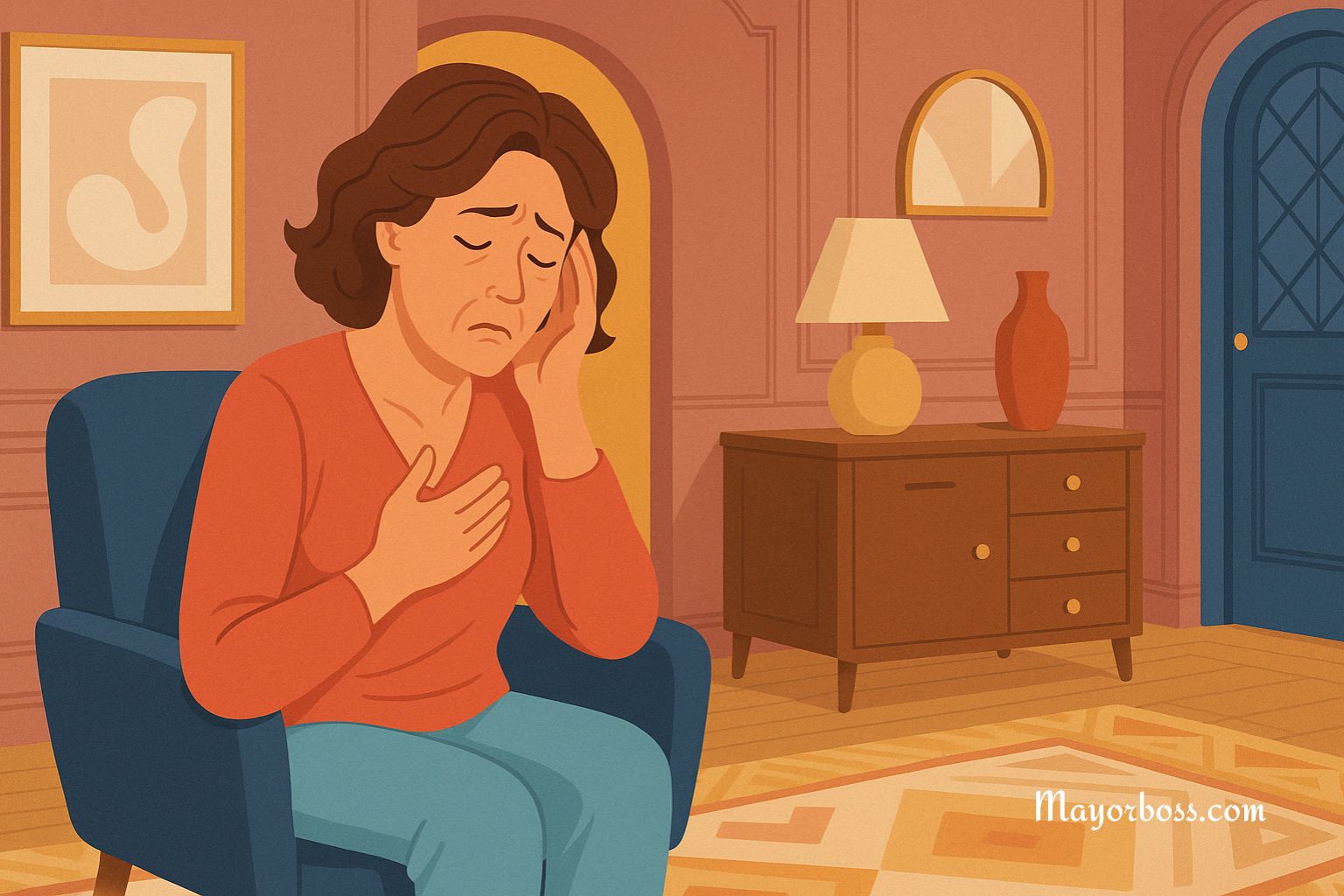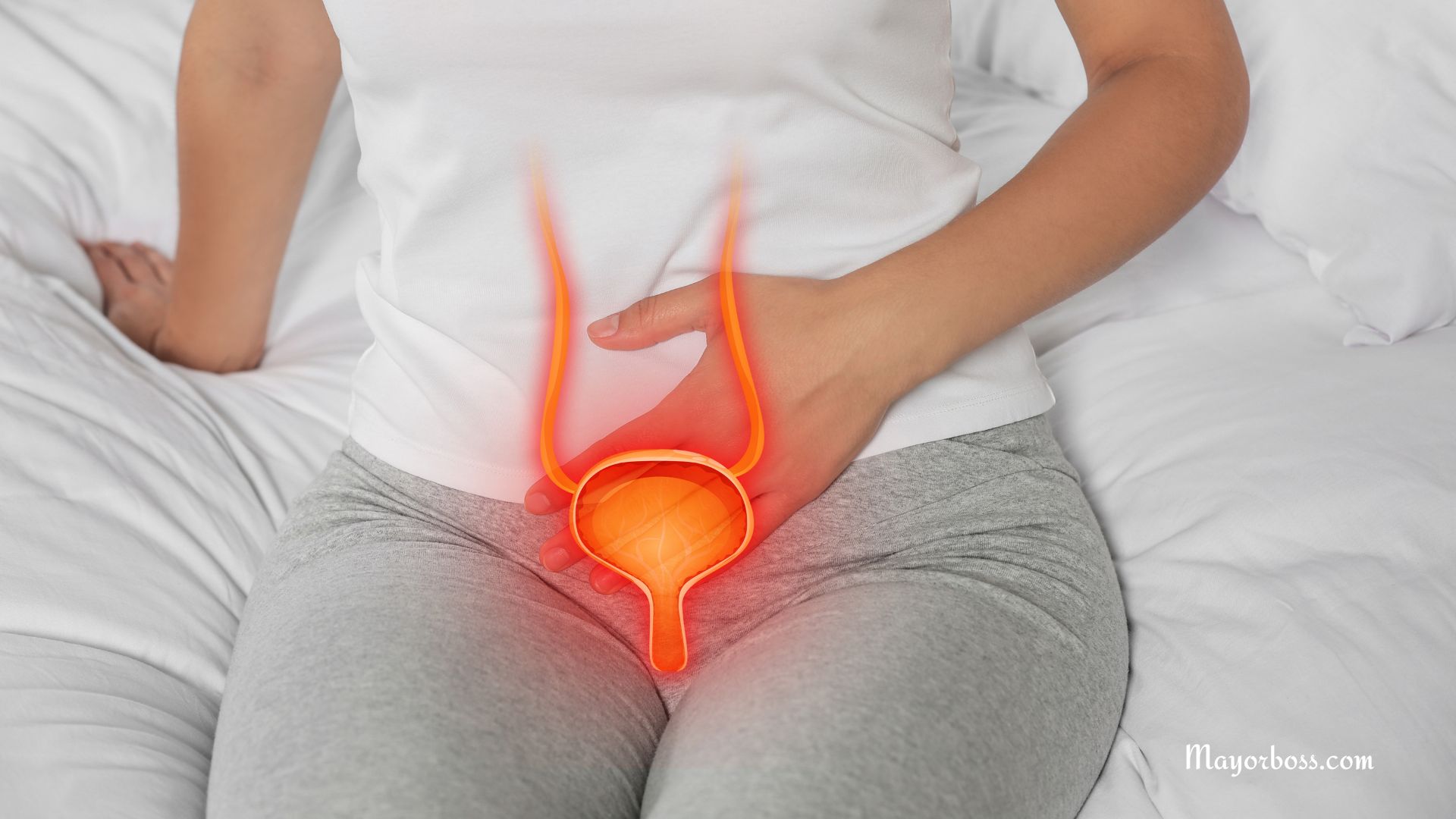Understanding and Managing Heartburn
Experiencing heartburn can be quite a discomfort, but having this feeling often might be a sign of something more serious, like gastroesophageal reflux disease (GERD). So, what exactly is heartburn?
Heartburn is a burning sensation in your chest, especially just behind your breastbone, often experienced after eating. It’s due to stomach acid backing up into your esophagus, the tube connecting your mouth and stomach. Despite its name, heartburn has nothing to do with your heart.
Although heartburn is quite common and usually not a cause for alarm, chronic heartburn could indicate a deeper health issue. Understanding its causes, symptoms, and treatments can help you manage it effectively.
POSSIBLE CAUSES
What causes heartburn? There are several factors, ranging from mild to severe, that can result in heartburn, including:
- Overeating.
- Eating spicy or fatty foods.
- Consuming beverages high in caffeine or alcohol.
- Smoking.
- Certain medications, such as aspirin or ibuprofen.
- Obesity.
- Pregnancy.
- Certain medical conditions like hiatal hernia or GERD.
IDENTIFYING HEARTBURN
What are the signs and symptoms of heartburn? Recognizing heartburn is fairly straightforward due to its distinct symptoms. You might experience the following:
- A burning sensation in your chest, usually after eating, which might be worse at night.
- Chest pain that worsens when lying down or bending over.
- Bitter or acidic taste in your mouth.
Should you experience heartburn more than twice a week, or if over-the-counter antacids aren’t helping, consult with a healthcare provider.
TREATMENT AND MANAGEMENT
How do you stop heartburn? The management of heartburn largely depends on its cause. If you often experience heartburn due to diet, your healthcare provider may recommend certain dietary changes or medications like antacids, H2 receptor blockers, or proton pump inhibitors.
If heartburn persists, you should contact your healthcare provider.
Can you manage heartburn at home? Yes, managing heartburn at home is possible and often recommended. Here are some tips:
- Eat smaller meals: Overeating can increase the chance of acid reflux and heartburn.
- Avoid trigger foods: Spicy, fatty, and fried foods, as well as caffeine and alcohol, can trigger heartburn.
- Don’t lie down after eating: Wait at least three hours before lying down or going to bed.
- Elevate your head while sleeping: Raising the head of your bed can prevent stomach acid from backing up into your esophagus.
- Maintain a healthy weight: Obesity is a risk factor for heartburn, so losing weight can be beneficial.
Further Reading: What to Drink for Heartburn Relief
WHEN TO CALL THE DOCTOR
When should you see your healthcare provider? You should contact a healthcare provider if:
- You experience heartburn more than twice a week.
- Over-the-counter medications don’t relieve your heartburn.
- You have difficulty swallowing.
- You experience weight loss due to poor appetite or difficulty eating.
FREQUENTLY ASKED QUESTIONS
Is heartburn a serious condition?
Occasional heartburn is common, and most of the time, it is no cause for alarm. However, frequent heartburn can indicate GERD, a more serious, chronic digestive disease.
Can heartburn be a symptom of a heart attack?
While heartburn is uncomfortable, it’s usually harmless. But, heart attack symptoms can feel similar to heartburn. If you have chest pain that’s severe, or accompanied by shortness of breath, arm pain, dizziness, or cold sweat, seek immediate medical attention.
When should I be worried about heartburn?
Heartburn is usually a minor problem, but if it’s happening frequently or if it’s severe, you should seek medical attention. If heartburn symptoms persist despite over-the-counter treatments, it’s important to see a healthcare provider.
Further Reading: Home Remedies For Heartburn






